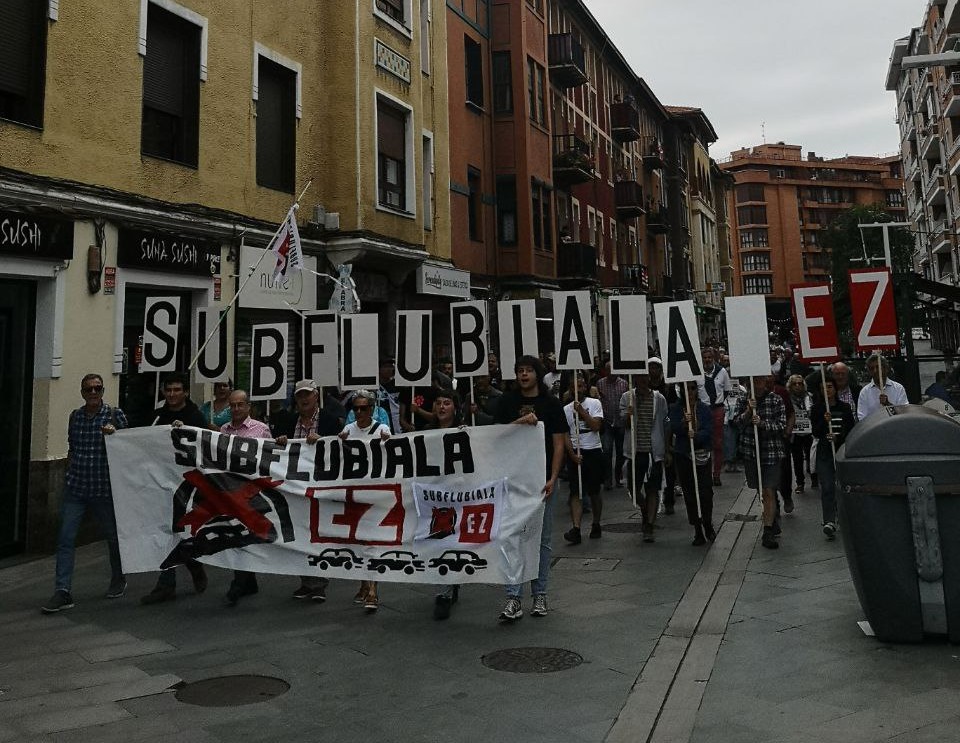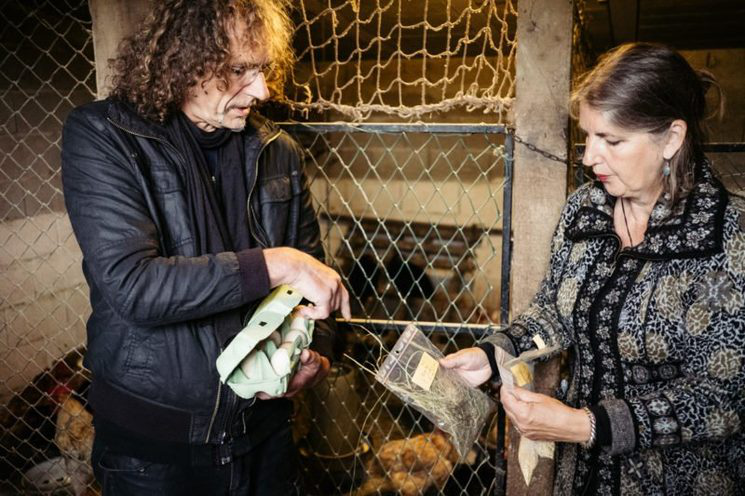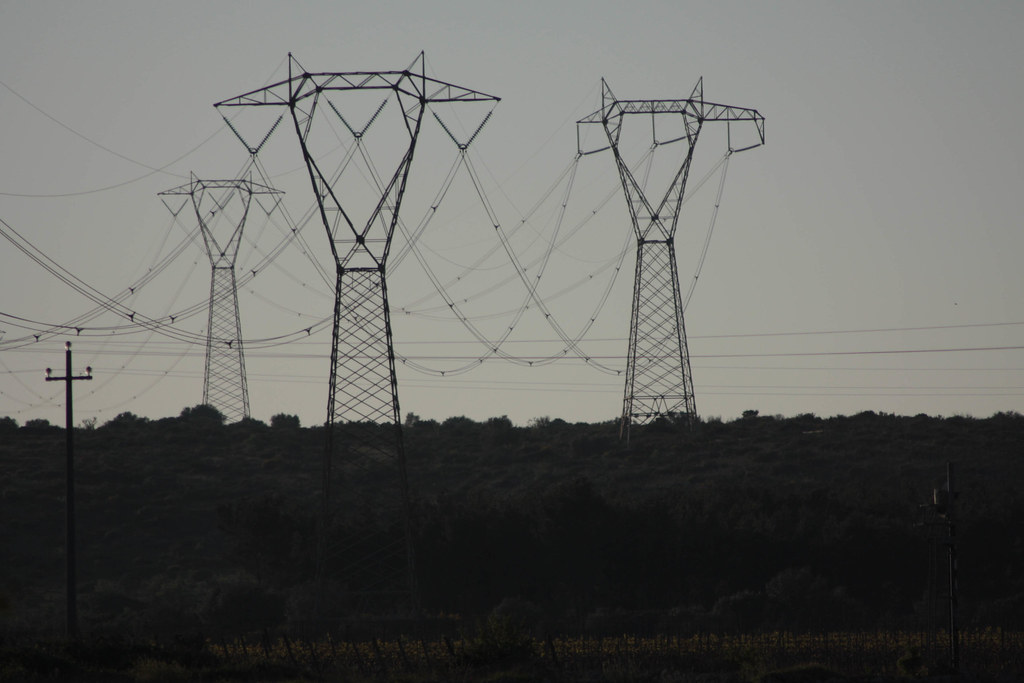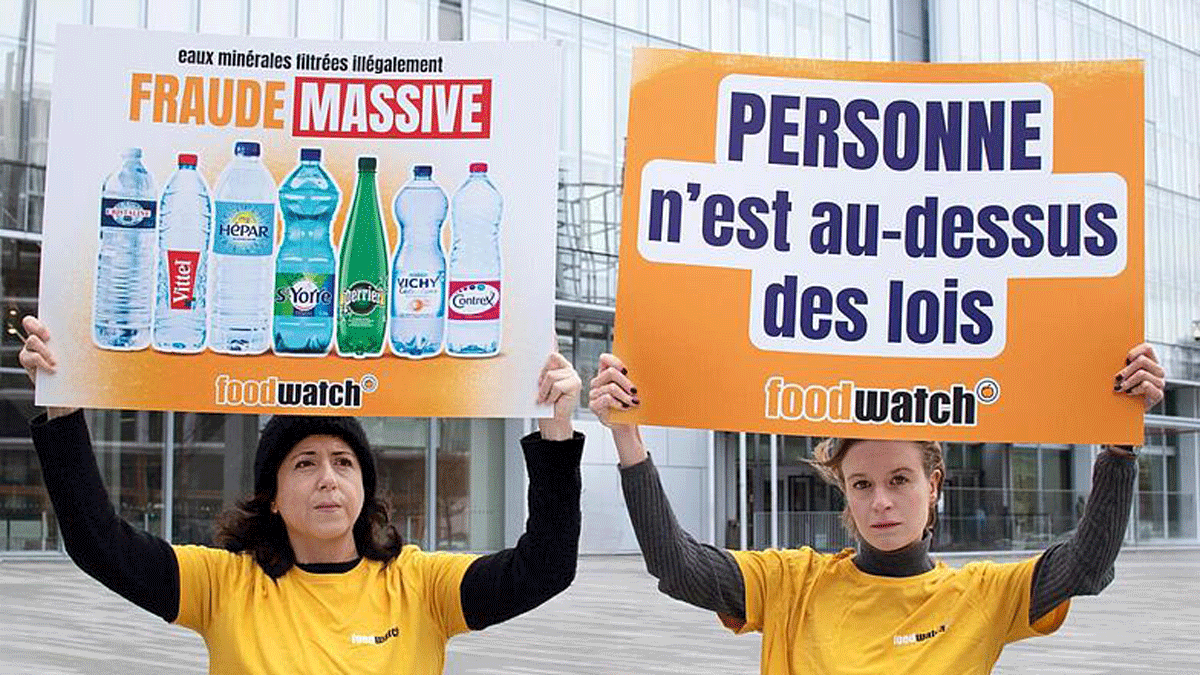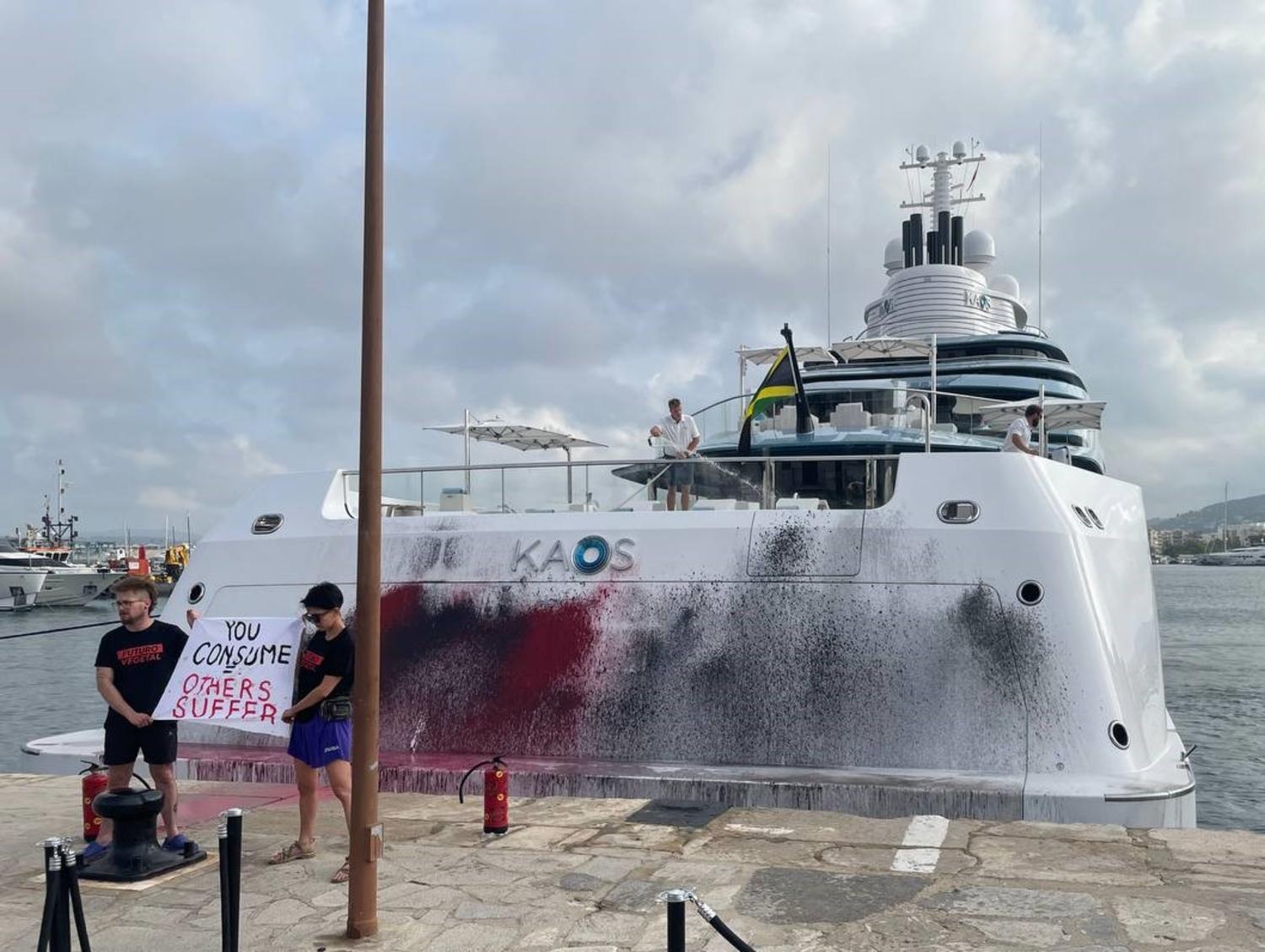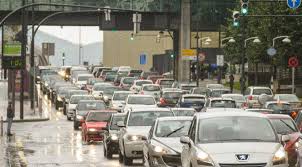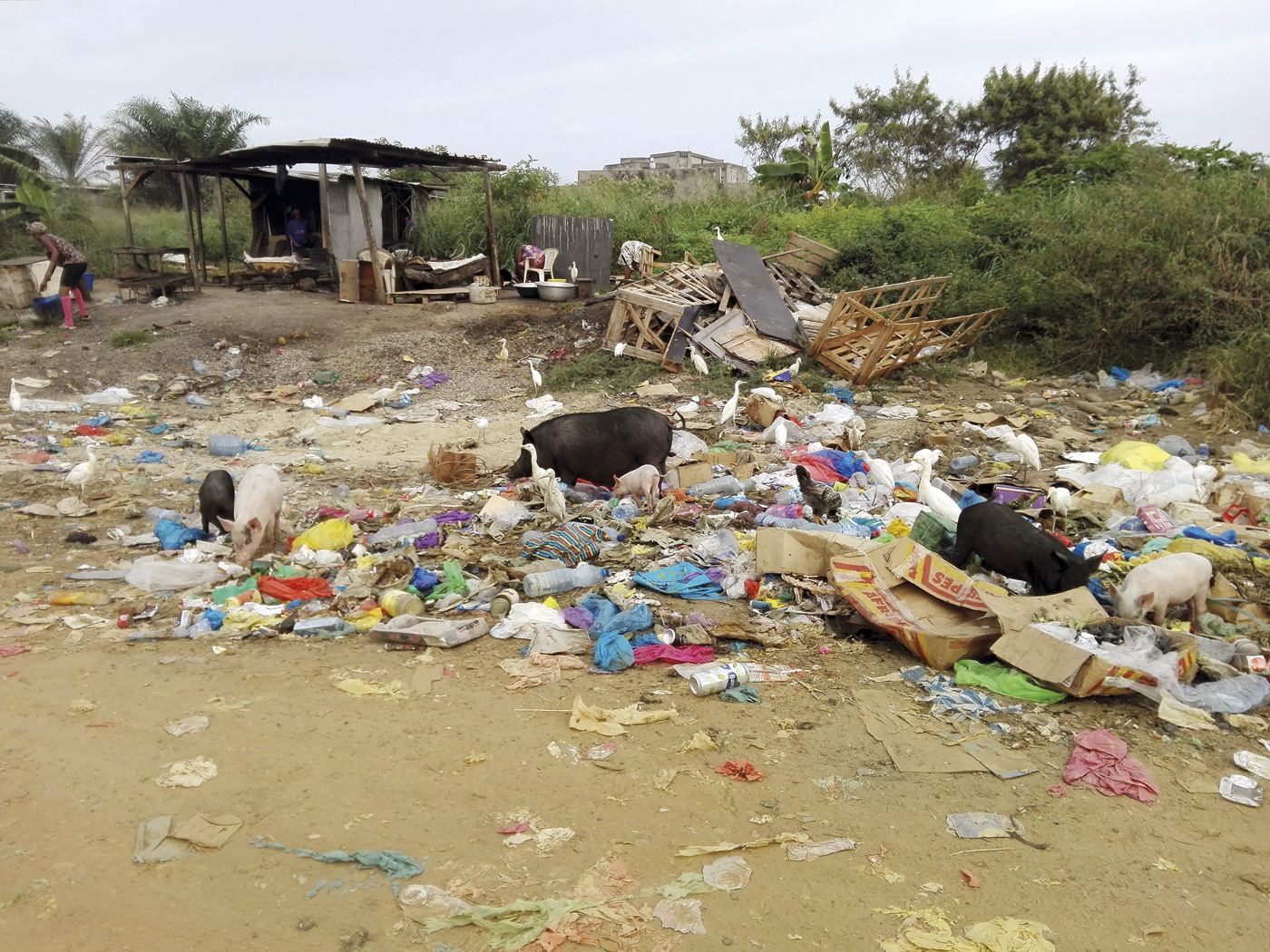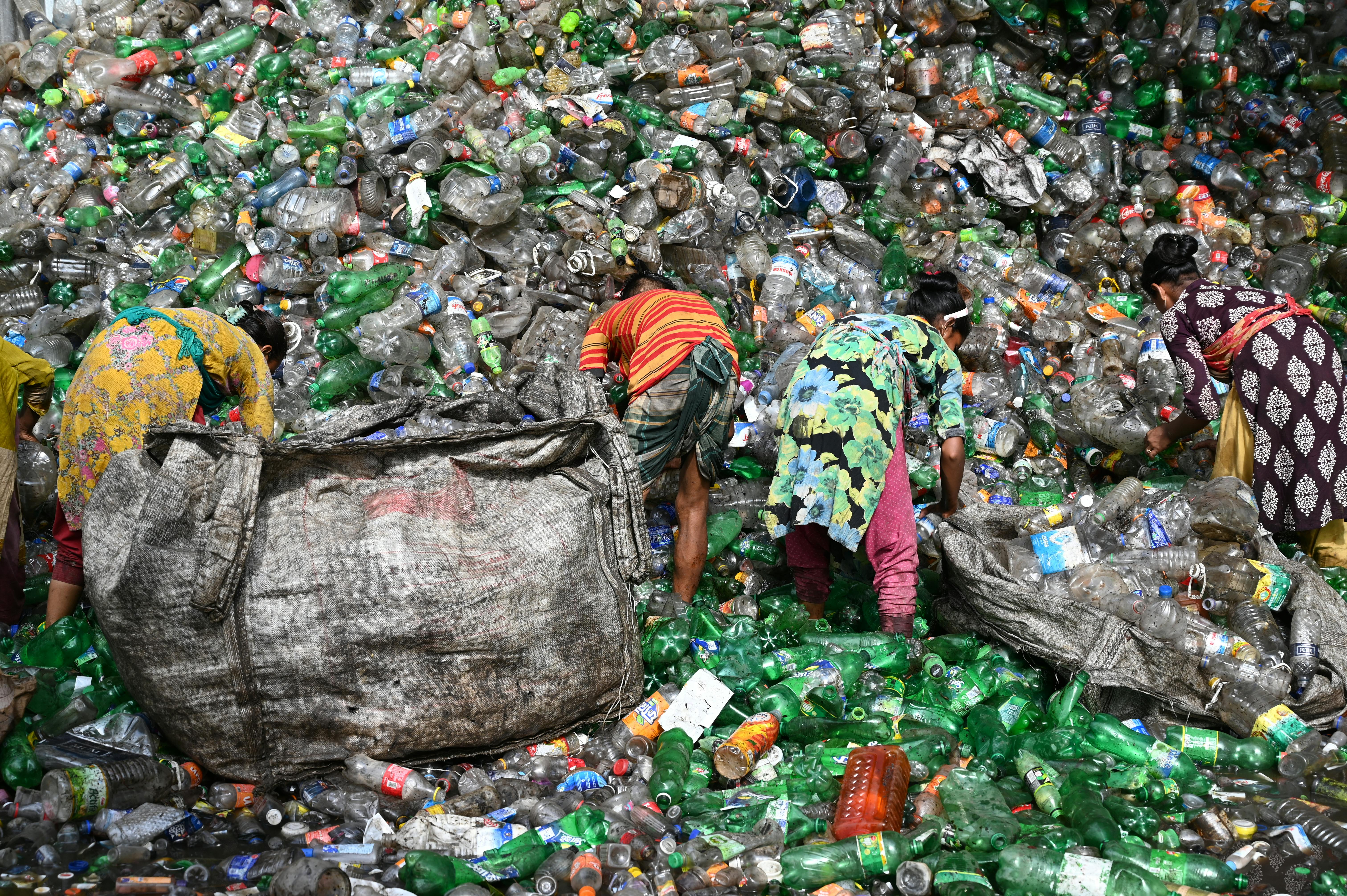Government acknowledges having "actively" pressed to delay limiting vehicle emissions
- Arantxa Tapia welcomed the delay in the entry into force of the Euro 7 standard that the European Commission wanted to establish: "It was a decision to make before or after."

On Tuesday, EU Industry Ministers took an important decision that will affect the automotive industry and the climate emergency: They will delay the entry into force of the Euro 7 standard to reduce air pollution in cars.
for light vehicles from 2025 to 2027 and for heavy vehicles from 2027 to 2029. This means that cars complying with the Euro 7 standard can be sold until 31 December 2034, and many of them will continue on the roads until the second half of the 21st century.
Cars complying with the Euro 7 standard can be sold until 31 December 2034, many of which will continue on the roads until the second half of the 21st century
The car lobby has exerted great pressure to delay the rule, as well as agencies and governments. The Basque Government Minister for Economic Development, Sustainability and the Environment, Arantxa Tapia, appeared on Tuesday to assess the decision and acknowledged that they have been "active" pushing in this direction, along with other European regions and other communities in the Spanish state.
"In a way, we have talked to Europe about how important the sector is in many places and that deindustrialisation could occur, which for us is unacceptable. We've been very active there," Tapia said.
For the advisor, maintaining industry and employment and reducing emissions is a "complicated balance", but "with technology and research" indicates that both can be achieved: "They're pathways to biofuels for cleaner cars."
Tapia also mentions the Basquevolt project for the production of batteries for electric cars and other projects being developed in the CAPV.
Energiaren Nazioarteko Agentziak (IEA) astelehenean argitaratutako txostenaren arabera, %2,2 igo da energia eskaria 2024an aurreko urtearekin alderatuta, besteak beste, egiturazko arrazoi hauengatik: beroari aurre egiteko argindar gehiago erabili beharra, industriaren kontsumoa... [+]
Kutsatzaile kimiko toxikoak hauteman dituzte Iratiko oihaneko liken eta goroldioetan. Ikerketan ondorioztatu dute kutsatzaile horietako batzuk inguruko hiriguneetatik iristen direla, beste batzuk nekazaritzan egiten diren erreketetatik, eta, azkenik, beste batzuk duela zenbait... [+]
Lurrak guri zuhaitzak eman, eta guk lurrari egurra. Egungo bizimoldea bideraezina dela ikusita, Suitzako Alderdi Berdearen gazte adarrak galdeketara deitu ditu herritarrak, “garapen” ekonomikoa planetaren mugen gainetik jarri ala ez erabakitzeko. Izan ere, mundu... [+]
Ur kontaminatua ur mineral eta ur natural gisa saltzen aritu dira urte luzeetan Nestlé eta Sources Alma multinazional frantsesak. Legez kanpoko filtrazioak, iturburuko ura txorrotakoarekin nahasi izana... kontsumitzaileen osagarria bigarren mailan jarri eta bere interes... [+]
Greenpeaceko kideak Dakota Acces oliobidearen aurka protesta egiteagatik auzipetu dituzte eta astelehenean aztertu du salaketa Dakotako auzitegiak. AEBko Greenpeacek gaiaren inguruan jasango duen bigarren epaiketa izango da, lehenengo kasua epaile federal batek bota zuen atzera... [+]








